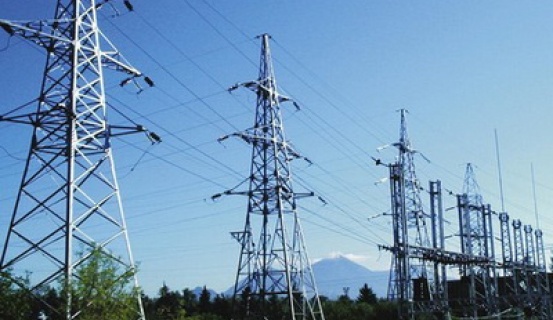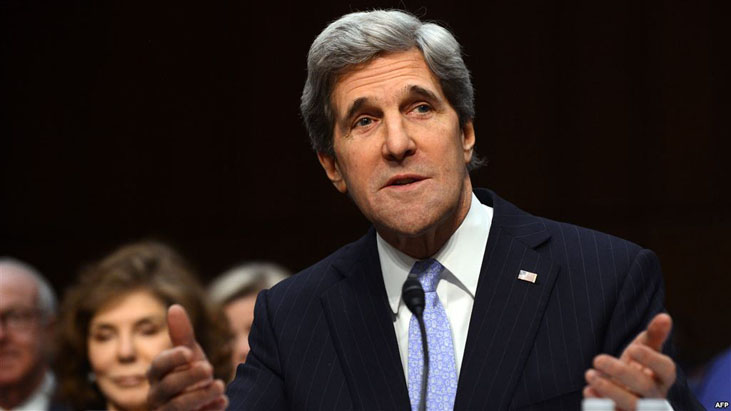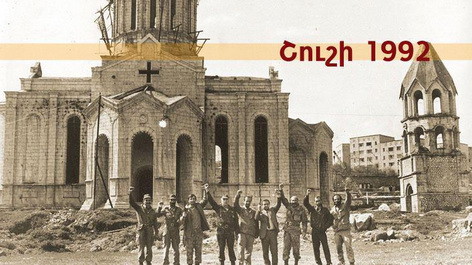For the second time in two weeks, the Armenian National Assembly “did not elect” Nikol Pashinyan as Prime Minister, paving the way for the early parliamentary elections scheduled for June 20th.
The snap election campaign has already begun and various parties are announcing the format of their participation, some as separate entities and others with an alliance bloc. In this regard, we are witnessing many striking events, which have failed to fit into a pattern, causing confusion for many.
Not long ago, opposition parties and figures that gathered under the umbrella of the “Homeland Salvation Movement” vowed their refusal to compete in an election run by Prime Minister Pashinyan’s government, but somehow, were the first to surrender to the political realities and announced their participation in the upcoming elections. Moreover, the factions who were part of the above-mentioned movement, could not even agree on running in the elections as a united front, and are now bound to fight not only against Pashinyan, but also against each other. The failed and abandoned attempt of months of street protests showed that the radical opposition did not have an adequate amount of popular support in order to meet everyone’s expectation to be represented in the next parliament.
As of now, the opposition is divided into three segments: One faction is the “Armenia” bloc led by Robert Kocharyan, which includes the Dashnaktsutyun and the newly formed Reviving Armenia party. The Prosperous Armenia Party, headed by wealthy businessman Gagik Tsarukyan, is running independently without any allies. Then there is the previous ruling Republican Party, led by former president Serzh Sargsyan, joining forces with the Motherland Party, which was recently established by Arthur Vanetsyan, who served as the head of National Security Services of Armenia after the Velvet Revolution, but was later sacked by Pashinyan.
Among these three factions, Kocharyan is the most ambitious and believes that he can come to power and be the leader of the country once again. Kocharyan claims that he never lost an election, but the fact is, that during his first presidential run in 1998 and the second time in the 2003 elections, he lost to Karen Demirchyan and later to Stepan Demirchyan. In spite of the losses, he occupied the office of the presidency due to widespread fraud and irregularities.
During his time in office, Kocharyan amassed vast financial wealth which allowed him to gain widespread control of a variety of networks and media outlets. With the help of these resources, he believes that he can polish his image of having a well known reputation as a leader who robbed the country, his role as a suspect in the October 27, 1997 assassinations in the National Assembly, his official orders of opening fire on peaceful protesters on March 1, 2008, and numerous other crimes that are a part of his political career.
The biggest surprise in recent days was Levon Ter-Petrosyan’s public offer to Serzh Sargsyan and Kocharyan, to form a united bloc against Pashinyan. The initiative of the first president was not only rejected by the other two, but also caused disappointment among those who were his allies in the past and fought alongside him against the “regime of the bandits,” as it was described by him. Thus, the Armenian National Congress led by Ter Petrosyan will most likely remain a marginal force, after losing the remainder of its supporters.
Besides these forces, there is the parliamentary opposition party: “Bright Armenia,” whose leader Edmon Marukyan, believes that the activation of the former regime, will only strengthen Pashinyan’s position, otherwise, he would have had a good chance to become the next Prime Minister of Armenia.
It is expected that other extra-parliamentary forces, jointly or independently, will try to secure the votes of the segments of the population, who are against the return of the former rulers, but are dissatisfied with the fact that Pashinyan was not forceful with those who should have been incarcerated after the 2018 uprising.
Finally, there is Nikol Pashinyan, who has lost some of his popularity after the war, yet remains the force most likely to be re-elected, albeit with a lower percentage.
The decision to hold snap elections was a positive step in easing the tension within the country and shifting the internal debate to the political arena. During this heated election period, it is up to participating forces to be committed to respecting the principles of democracy and fighting for votes without pressure, bribery, or fraud and to put Armenia’s future on a better and stronger footing.
“MASSIS”










